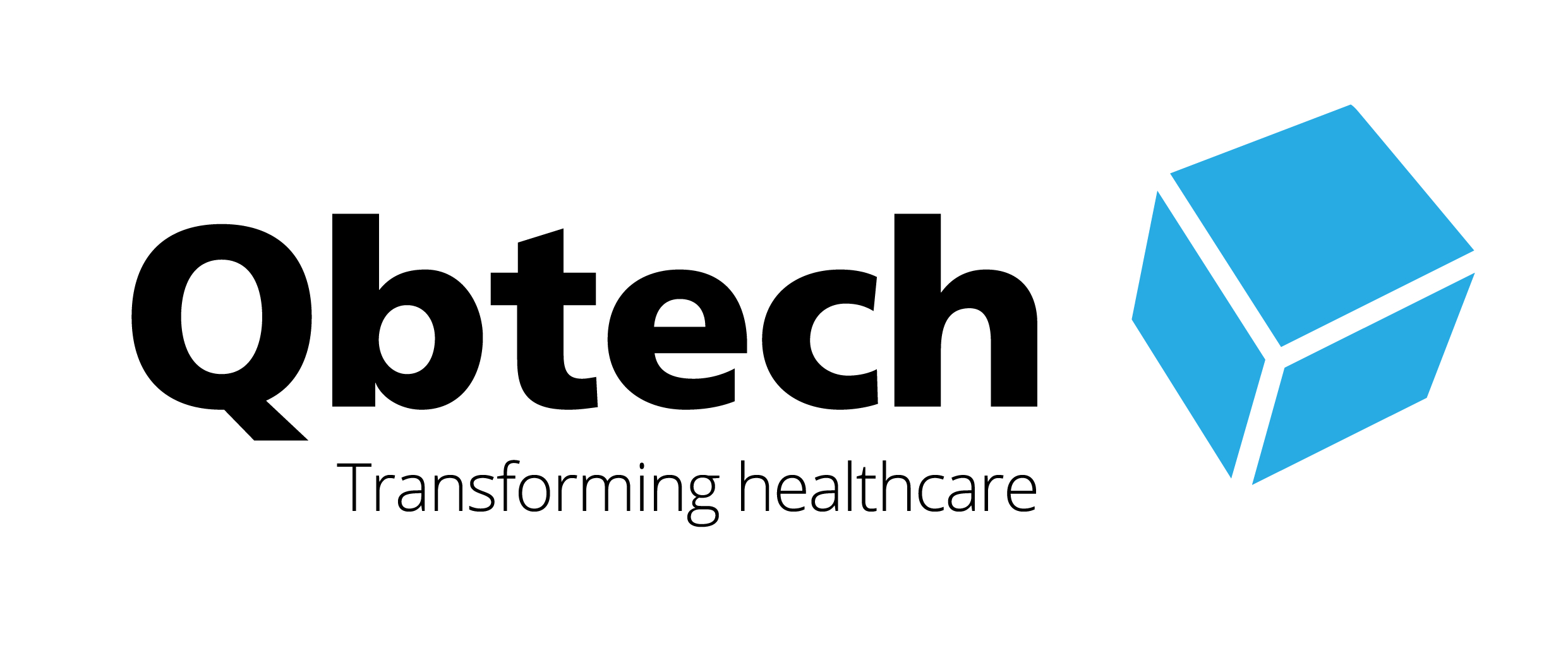Private Adult ADHD Assessment Tricks
Attention Deficit Hyperactivity Disorder (ADHD) is a neurodevelopmental condition that affects millions of people worldwide. Characterized by hyperactivity, impulsivity, and inattention, ADHD can significantly impact various aspects of an individual's life, including academic performance, work productivity, and interpersonal relationships. While ADHD is commonly diagnosed in childhood, it often persists into adulthood, requiring ongoing management and support.
Obtaining an accurate and timely ADHD diagnosis is crucial for accessing appropriate treatment and support services. However, the diagnostic process can be lengthy and complex, particularly within public healthcare systems like the National Health Service (NHS) in the United Kingdom. Long waiting times, limited resources, and intricate referral pathways can create significant barriers for individuals seeking an ADHD assessment. Fortunately, there are strategies to expedite the diagnostic process and gain access to the necessary care more quickly.
Understanding the ADHD Diagnostic Process
The standard ADHD diagnostic process typically involves a comprehensive evaluation by a qualified healthcare professional, such as a psychiatrist, psychologist, or specialist ADHD nurse. This assessment usually includes a review of the individual's medical history, a detailed interview to gather information about their symptoms and functional impairments, and the completion of standardized questionnaires and rating scales. The healthcare professional may also request input from family members, teachers, or other relevant individuals to gain a broader perspective on the individual's behavior and functioning.
In the UK, individuals seeking an ADHD assessment through the NHS may encounter significant delays due to high demand and limited resources. Waiting times for an initial assessment can range from several months to several years, depending on the region and the availability of services. This delay can be particularly frustrating for individuals experiencing significant difficulties due to their ADHD symptoms.
Navigating the "Right to Choose" Pathway
In England, individuals have the right to choose their healthcare provider for certain NHS services, including ADHD assessments. This "Right to Choose" pathway allows individuals to select a private mental health provider to conduct their assessment, potentially reducing waiting times and expediting the diagnostic process. While individuals are responsible for covering the cost of the private assessment, it may be a worthwhile investment for those seeking a faster diagnosis.
Considerations for Private ADHD Assessments
Opting for a private ADHD assessment can offer several advantages, including shorter waiting times, more personalized care, and greater flexibility in scheduling appointments. However, it is essential to carefully consider the costs and ethical standards of private providers. The cost of a private ADHD assessment in the UK can range from £500 to £1,200, depending on the provider and the scope of the assessment.
To ensure the quality and reliability of the assessment, it is crucial to choose a private provider who adheres to the highest ethical standards. This means selecting a healthcare professional who is registered with a relevant professional body, such as the General Medical Council (GMC) or the Health and Care Professions Council (HCPC), and who has formal training and accreditation in psychiatry or specialist ADHD nursing. It is also important to inquire about the provider's experience in diagnosing and treating ADHD in adults and to review their assessment process and treatment recommendations.
Ensuring Ethical and Accurate Assessments
Recent reports have raised concerns about the accuracy and reliability of some private ADHD assessments, with allegations of rushed assessments, inadequate evaluations, and inaccurate diagnoses. To mitigate these risks, it is essential to choose a provider who conducts thorough and comprehensive assessments, adhering to the National Institute for Health and Care Excellence (NICE) guidelines for ADHD diagnosis and management.
A comprehensive ADHD assessment should involve a detailed review of the individual's symptoms, medical history, and functional impairments, as well as an assessment of any co-existing mental health conditions, such as anxiety or depression. The healthcare professional should also gather information from multiple sources, including family members, teachers, or employers, to obtain a holistic understanding of the individual's behavior and functioning.
Shared Care Agreements and Medication Management
If medication is recommended as part of the treatment plan, it is crucial to establish a shared care agreement with the individual's general practitioner (GP). A shared care agreement outlines the responsibilities of the private provider, the GP, and the individual in managing the medication and monitoring for any potential side effects. However, it is important to note that some GPs may be reluctant to sign shared care agreements, particularly if they lack expertise in ADHD management.
In such cases, it may be necessary to explore alternative options, such as seeking a second opinion from another GP or consulting with a specialist ADHD clinic. It is also essential to discuss the costs of medication with the healthcare provider and to determine whether the individual is eligible for free NHS prescriptions.
The Importance of Ongoing Support
Receiving an ADHD diagnosis is just the first step in the journey toward effective management and support. Ongoing support is crucial for individuals with ADHD to develop coping strategies, manage their symptoms, and improve their overall quality of life. Support groups, both in-person and online, can provide a valuable source of information, encouragement, and connection with others who understand the challenges of living with ADHD.
In addition to support groups, individuals with ADHD may benefit from individual therapy, coaching, or other specialized interventions. These services can help individuals develop organizational skills, improve time management, enhance focus and concentration, and manage impulsivity and hyperactivity.
Conclusion
Obtaining an ADHD diagnosis can be a life-changing experience, providing individuals with a better understanding of their challenges and access to appropriate treatment and support. While the diagnostic process can be lengthy and complex, there are strategies to expedite the process and gain access to the necessary care more quickly. By understanding the diagnostic process, exploring alternative pathways, choosing ethical and qualified providers, and seeking ongoing support, individuals can navigate the ADHD journey with greater confidence and success.











